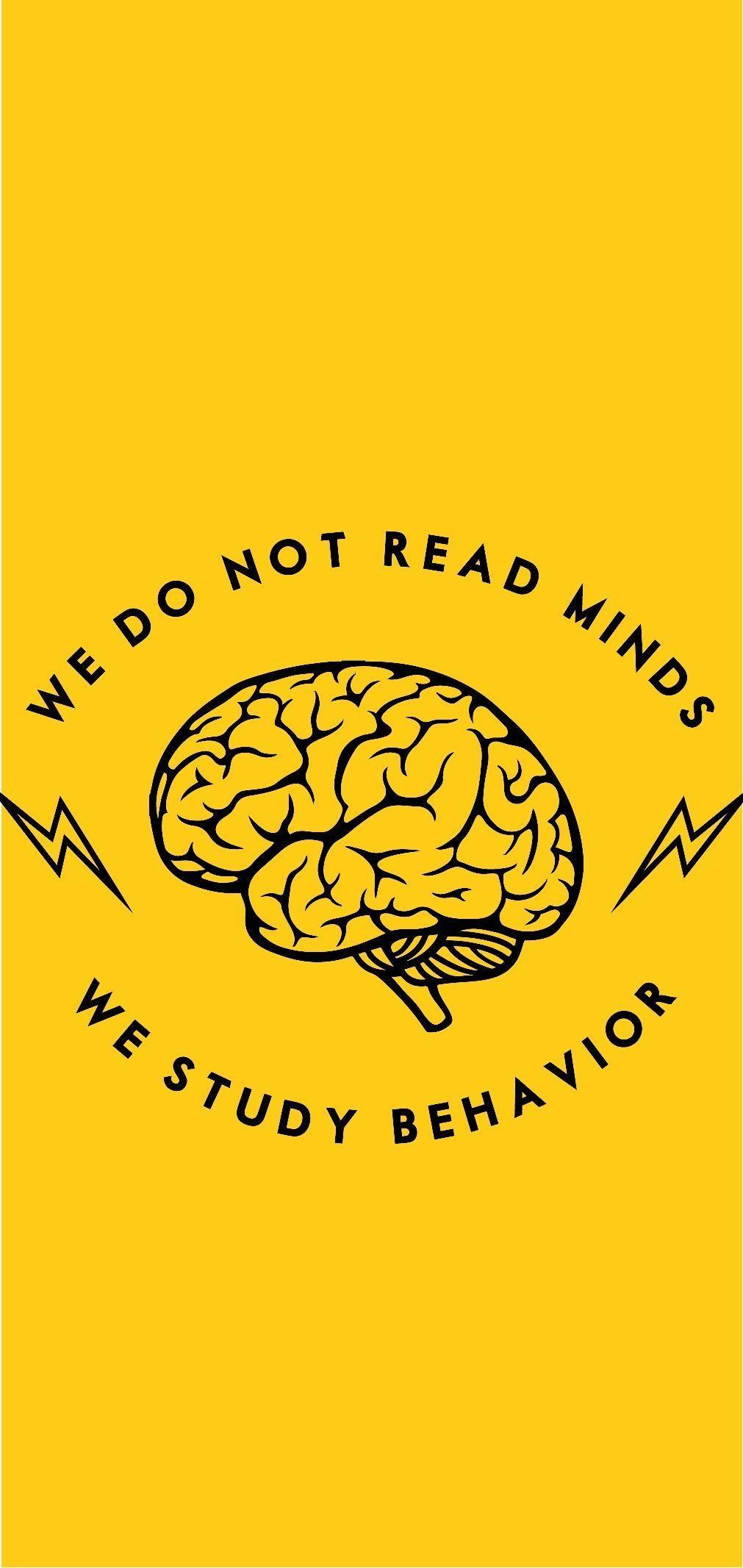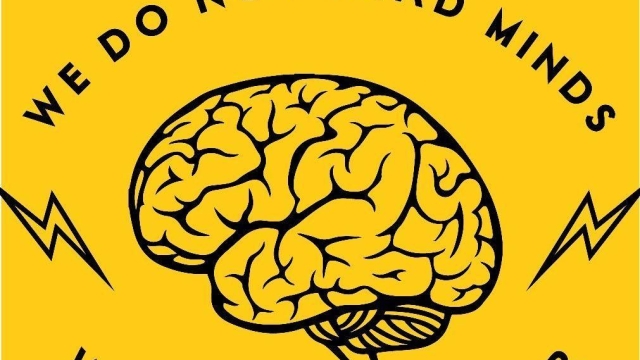
Psychology, the fascinating realm of the mind, offers us a captivating journey into the depths of human behavior and cognition. From the intricate workings of our thoughts and emotions to the complex interactions that shape our relationships and everyday experiences, this field unravels the mysteries that lie within us all. As we delve into the labyrinthine corridors of the mind’s playground, we are drawn into a world where the conscious and unconscious collide, where perception and reality intertwine, and where the intricacies of human nature come to light.
At its core, psychology seeks to understand the complexities of human behavior and the underlying processes that drive our thoughts and actions. Through various methods and theories, psychologists aim to unravel the intricate tapestry of the mind, shedding light on the fundamental questions that define our existence. What motivates us? How do we perceive the world around us? How do our experiences shape our thoughts and emotions? These inquiries, among many others, form the foundation upon which the study of psychology is built.
One of the most remarkable aspects of psychology is its interdisciplinary nature, drawing insights from fields as diverse as biology, sociology, neuroscience, and philosophy. By examining the intricate connections between these disciplines, we gain a holistic understanding of our behavior and its underlying mechanisms. Whether exploring the neurological processes that underpin memory and learning, the social dynamics that shape our relationships, or the cognitive biases that impact our decision-making, psychology offers a rich tapestry of knowledge that enhances our comprehension of the human experience.
As we embark upon this exploration of psychology, let us prepare to delve into the wonders that await us. Brace yourself for a journey that will challenge your assumptions, expand your mind, and uncover the hidden forces that shape your very being. Welcome to the enchanting world of psychology, where intricate intricacies abound, inviting us to unravel the mysteries of the human mind.
Theories of Psychology
Psychology is a fascinating field that seeks to understand the complexities of the human mind. Within this discipline, various theories have been developed to provide explanations for human behavior, cognition, and emotions. These theories offer valuable insights into the inner workings of the mind and have shaped the way psychologists approach their research and understanding of human nature.
One influential theory in psychology is the psychoanalytic theory, proposed by Sigmund Freud. According to Freud, human behavior is largely influenced by unconscious drives and desires. He believed that individuals possess hidden motives and unresolved conflicts from their past experiences that shape their personality and behavior. Freud’s theory emphasized the importance of exploring the unconscious mind to bring these hidden elements to conscious awareness, thereby promoting personal growth and healing.
Another significant theory in psychology is the behaviorist theory, led by B.F. Skinner. This theory focuses on observable behaviors rather than internal mental processes. Behaviorists argue that human behavior is primarily a result of conditioning and reinforcement. They believe that individuals learn new behaviors through associations formed between a stimulus and a response. By studying and manipulating these environmental factors, behaviorists aim to predict and shape human behavior.
Cognitive psychology, on the other hand, emphasizes the importance of mental processes in understanding human behavior. This theory, championed by researchers such as Jean Piaget and Albert Bandura, explores how individuals perceive, process, and remember information. Cognitive psychologists investigate topics such as attention, memory, problem-solving, and decision-making to gain insights into how humans think and make sense of the world around them.
In conclusion, the field of psychology encompasses a wide range of theories that provide valuable frameworks for understanding the complexities of human behavior and cognition. From Freud’s psychoanalytic theory to Skinner’s behaviorist perspective and the cognitive approach of Piaget and Bandura, these theories have expanded our knowledge and shed light on the intricate workings of the human mind. By exploring these theories further, psychologists continue to unveil the mysteries of human behavior and contribute to the growth and development of the field.
Understanding Human Behavior
Humans are complex beings, and their behavior is equally intricate. Psychology delves deep into the intricacies of human behavior, seeking to understand why we think, feel, and act the way we do. By examining various theories and conducting research, psychologists aim to uncover the underlying factors that shape our behavior.
One fundamental aspect of understanding human behavior is studying the influence of genetics and biology. Our genetic makeup plays a significant role in determining our predispositions, such as personality traits and certain psychological disorders. Additionally, brain structure and the functioning of neurotransmitters contribute to our behavior, emotions, and cognitive processes.
Apart from biological factors, psychologists also explore the impact of environmental influences on human behavior. Our upbringing, culture, and social interactions shape our beliefs, values, and attitudes. Furthermore, external factors like stress, trauma, or even the presence of specific stimuli in our surroundings can significantly affect our behavior.
Psychology further investigates the role of cognition in shaping human behavior. Our thoughts, perceptions, and beliefs influence how we interpret and respond to situations, leading to different patterns of behavior. By examining cognitive processes, psychologists can gain insights into the underlying mechanisms that drive human decision-making and problem-solving.
Clinical Psychologist Near Me
In conclusion, psychology provides a multidimensional approach to understand human behavior. By considering genetic, environmental, and cognitive factors, psychologists enable us to unravel the complexities of why individuals behave the way they do. Through continued research and exploration, we can gain valuable insights into human behavior, leading to a better understanding of ourselves and those around us.
Applications of Psychology
Psychology finds its application in various fields, impacting our lives in numerous ways. Let’s explore a few areas where the knowledge of psychology proves invaluable.
Education:
Understanding the psychological processes of learning and memory helps educators develop effective teaching strategies. By tailoring their methods to suit different learning styles and utilizing principles of cognitive psychology, teachers can enhance students’ engagement and facilitate meaningful learning experiences.Clinical Practice:
Psychology plays a vital role in clinical practice, where it aids in diagnosing, treating, and supporting individuals with mental health concerns. Psychologists, equipped with their understanding of human behavior, offer therapy and counseling services to help clients address emotional distress, navigate through challenging life situations, and improve their overall well-being.Business and Organizations:
Psychological principles are widely employed in the workplace to improve employee satisfaction, productivity, and overall organizational performance. Industrial-organizational psychologists utilize their expertise to assess job candidates, design effective training programs, and enhance communication and teamwork within teams and across different departments.
Psychology’s practical applications extend far beyond these examples, permeating different domains such as sports, advertising, criminal justice, and more. Its insights into human behavior and cognition continue to shape numerous aspects of our lives, ultimately contributing to a better understanding of ourselves and those around us.
